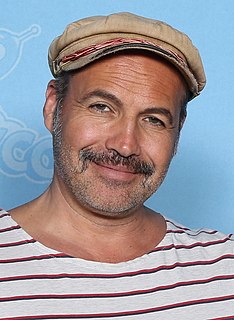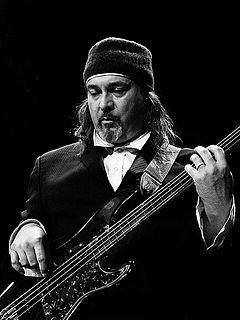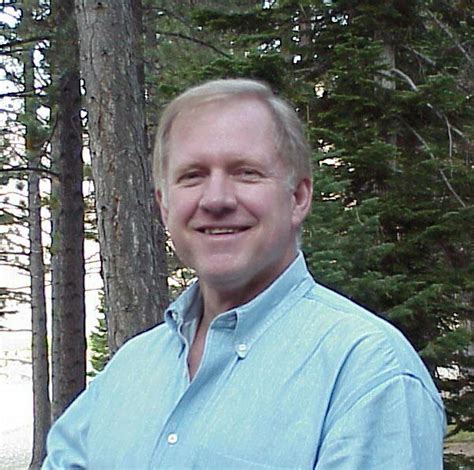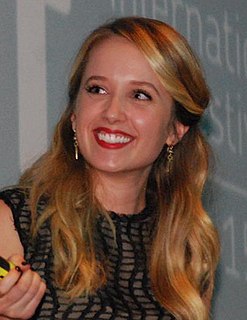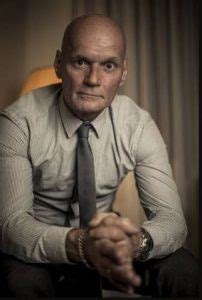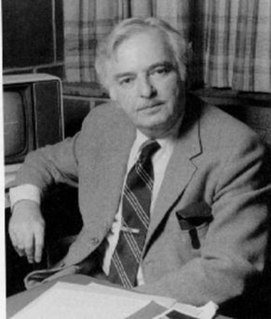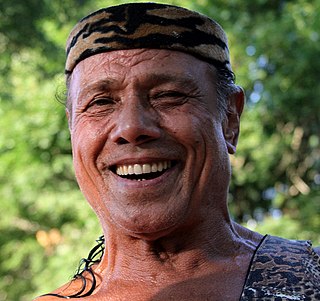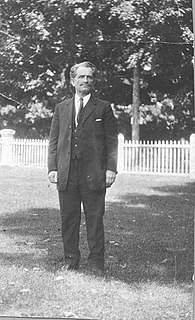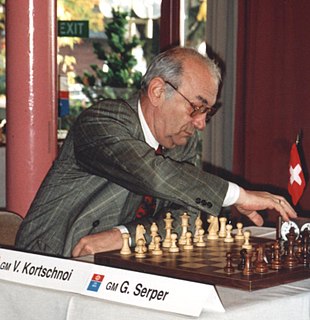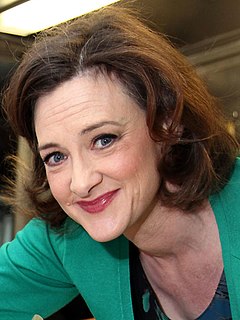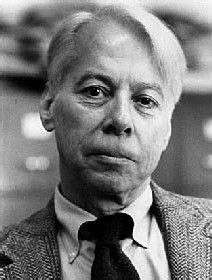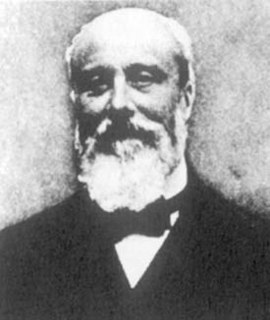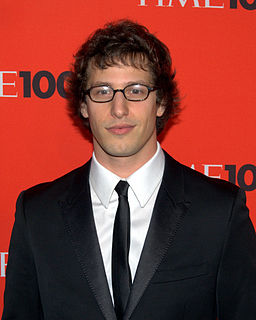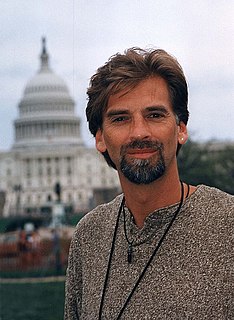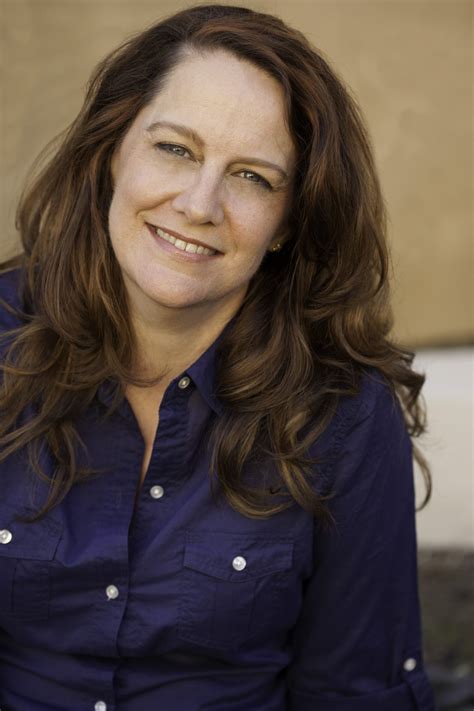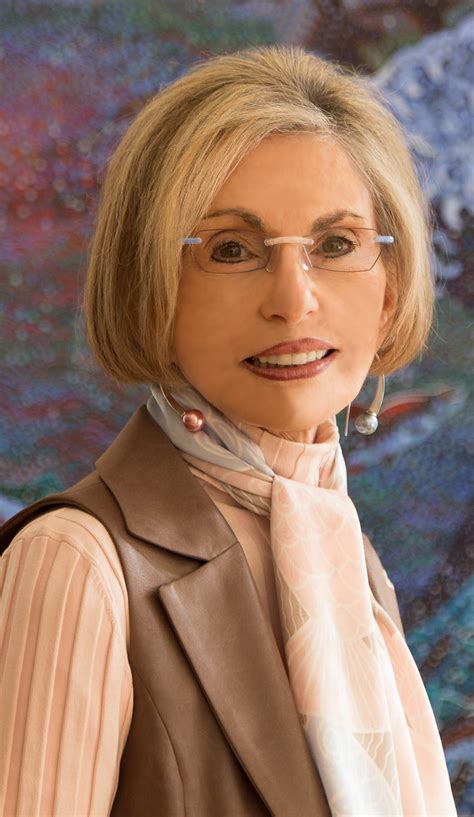Top 1200 Experimental Psychology Quotes & Sayings - Page 2
Explore popular Experimental Psychology quotes.
Last updated on April 15, 2025.
When you take a child who's hollering like hell, sit him on your knee, and say "once upon a time", you stop him hollering. As long as you go on telling him a story, he will listen. Novelists who neglect this fundamental effect do so at their peril. They become what is known as the experimental novelist, and an experimental novel is not really a novel at all.
I think everything's experimental whether you like it or not. I think that people who do generic pop are experimenting with cliches. It's no less than I am experimenting with noise or unknown music - until you say, 'This is my song, or this is my composition' - it's all experimental, whether you like it or not.
Business requires an unbelievable level of resilience inside you, the chokehold on the growth of your business is always the leader, it's always your psychology and your skills - 80% psychology, 20% skills. If you don't have the marketing skills, if you don't have the financial-intelligence skills, if you don't have the recruiting skills, it's really hard for you to lead somebody else if you don't have fundamentally those skills. And so my life is about teaching those skills and helping people change the psychology so that they live out of what's possible, instead of out of their fear.
Freud expressed the opinion-not quite in earnest, though, it seeemed to me-that philosophy was the most decent form of sublimation of repressed sexuality, nothing more. In response I put the question, 'What then is science, particularly psychoanalytic psychology?' Whereup on he, visible a bit surprised, answered evasively: 'At least psychology has a social purpose.'
Well, it's not all the same, but there are a lot of parallels. I'm not sure how to answer [on psychology background], but I think when I was studying psychology I had a professor and a friend who would talk about "process" all the time. Your process, his process, the group's process. There's some carryover from that discussion to my creative work.
The very hope of experimental philosophy, its expectation of constructing the sciences into a true philosophy of nature, is basedon induction, or, if you please, the a priori presumption, that physical causation is universal; that the constitution of nature is written in its actual manifestations, and needs only to be deciphered by experimental and inductive research; that it is not a latent invisible writing, to be brought out by the magic of mental anticipation or metaphysical mediation.
How should the best parts of psychology and economics interrelate in an enlightened economist's mind?... I think that these behavioral economics...or economists are probably the ones that are bending them in the correct direction. I don't think it's going to be that hard to bend economics a little to accommodate what's right in psychology.
Now for good or ill, California is the place where trends tend to be set in Western civilization - if civilization indeed it is. California, for several generations now, has been the newest, biggest, most experimental place in the newest, biggest, most experimental part of liberal Western capitalism - which is itself a new experiment for mankind.
The kind of approach I take is different from much of experimental philosophy. Although the experimental philosophers and I are certainly in agreement about the relevance of empirical work to philosophy, a good deal of their work is devoted to understanding features of our folk concepts, and in this respect, at least, I see them as making the same mistake as those armchair philosophers who are interested in conceptual analysis.
There are a whole other range of sciences that must deal with the narrative reconstruction of the inordinately complex events of history that can occur but once in their detailed glory. And for those kinds of sciences, be it cosmology, or evolutionary biology, or geology, or palaeontology, the experimental methods, simplification, quantification, prediction and repetition of the experimental sciences don't always work. You have to go with the narrative, the descriptive methods of what? Of historians.
For the West, the demonization of Vladimir Putin is not a policy; it is an alibi for the absence of one. Putin is a serious strategist – on the premises of Russian history. Understanding US values and psychology are not his strong suits. Nor has understanding Russian history and psychology been a strong point among US policymakers.’
I was doing experimental theater and experimental film in San Francisco, and I moved to Los Angeles, and what I got frustrated with was, it seemed like everyone was waiting for something to happen. Obviously, films take a lot of planning, and I wanted something more immediate, and comedy started to become that.
For my victory over Capablanca I am indebted primarily to my superiority in the field of psychology. Capablanca played, relying almost exclusively on his rich intuitive talent. But for the chess struggle nowadays one needs a subtle knowledge of human nature, an understanding of the opponent's psychology.
Philosophers of science constantly discuss theories and representation of reality, but say almost nothing about experiment, technology, or the use of knowledge to alter the world. This is odd, because 'experimental method' used to be just another name for scientific method.... I hope [to] initiate a Back-to-Bacon movement, in which we attend more seriously to experimental science. Experimentation has a life of its own.
When you look at any experimental work not directly related to economics, but trying to test rational behavior in other ways, experiments have conspicuously failed to show rational behavior. Macro evidence certainly suggests deviations from rationality, but I don't want to say the rationality hypothesis is completely wrong. If you have any introspective idea or experimental idea about people's behavior, it seems to be incompatible with the really full scale rational expectations.
The first reason for psychology's failure to understand what people are and how they act, is that clinicians and psychiatrists, who are generally the theoreticians on these matters, have essentially made up myths without any evidence to support them; the second reason for psychology's failure is that personality theory has looked for inner traits when it should have been looking for social context.
The psychology for the person who's actually doing it is completely different. I think I probably needed to put that [hired-hand] psychology in my own head to be able to do the job. Otherwise it would just be too scary. People outside make it much bigger than me. I'm not saying in my head, "Oh, my god, what an amazing idea!" It scares me if I would do that.
The issue Fodor writes about is central to the psychology of perception, cognition, and action. It is the central issue for anyone who would seriously study the neurobiology of behavior: Is the mind organized horizontally or vertically or both, and what are the consequences to psychology of proceeding on one assumption or the other? This has been little analyzed and written about. Jerry Fodor has repaired that omission and had done it brilliantly.
Now these two questions Does there exist a material reality distinct from sensible appearances? and What is the nature of reality? do not have their source in experimental method, which is acquainted only with sensible appearances and can discover nothing beyond them. The resolution of these questions transcends the methods used by physics; it is the object of metaphysics. Therefore, if the aim of physical theories is to explain experimental laws, theoretical physics is not an autonomous science; it is subordinate to metaphysics.
For me, psychology and art interact and overlap in so many ways. Psychology is the study of the inner life and creativity comes from the imagination and a response to the environment, as you know. So they're both very similar in that way because it's about one's inner life interacting with the environment and what comes from that.
'Freakonomics' began with a 'N.Y. Times Magazine' profile I wrote about Steve Levitt. I was working on a book about 'the psychology of money,' and since Levitt's an economist, my editor thought I'd be the guy to write about him. Fact is that Levitt has almost no interest in either psychology or money.
The model of the educational Kalila Wa-Dimna. These are books of instruction to rulers and humans. The stories unfold a range of human psychology, a vast range of human psychology. The Sultan is being moved from his narrow and bigoted position into a wider, more subtle, more nuanced understanding of human experiences.
Filmmaking isn’t if you can just strap on a camera onto an actor, and steadicam, and point it at their face, and follow them through the movie, that is not what moviemaking is, that is not what it’s about. It’s not just about getting a performance. It’s also about the psychology of the cinematic moment, and the psychology of the presentation of that, of that window.
ACT psychology is a psychology of the normal. A lot of the psychologies that are out there are built on the psychology of the abnormal. We have all these syndromal boxes that we can put people in and so forth. The actual evidence on syndromes is not very good. There's no specific biological marker for any of the things that you see talked about in the media. Even things like schizophrenia - there's no specific and sensitive biological markers for these things. There may be some abnormal processes involved, but vastly more of human suffering comes from normal processes that run away from us.
There are a lot of experimental novels that test the boundaries of what the novel is, and 'Conversations' is not one of those. It's conventional in its structure, even though its prose style and the themes it explores and the politics that underpin it, maybe, are on the experimental side. Its basic structure is pretty conventional.
Faculty Psychology is getting to be respectable again after centuries of hanging around with phrenologists and other dubious types. By faculty psychology I mean, roughly, the view that many fundamentally different kinds of psychological mechanisms must be postulated in order to explain the facts of mental life. Faculty psychology takes seriously the apparent heterogeneity of the mental and is impressed by such prima facie differences as between, say, sensation and perception, volition and cognition, learning and remembering, or language and thought.
In point of fact, no conclusive disproof of a theory can ever be produced; for it is always possible to say that the experimental results are not reliable or that the discrepancies which are asserted to exist between the experimental results and the theory are only apparent and that they will disappear with the advance of our understanding. If you insist on strict proof (or strict disproof) in the empirical sciences, you will never benefit from experience, and never learn from it how wrong you are.
Ever since I was a child I've had a passion for colors and a sixth sense and known how to use it. I started in fashion, but I got side-tracked by psychology and its color connection. I went back to school and got both my degrees in psychology, but I kept studying design. Color has an application in all of those fields.



